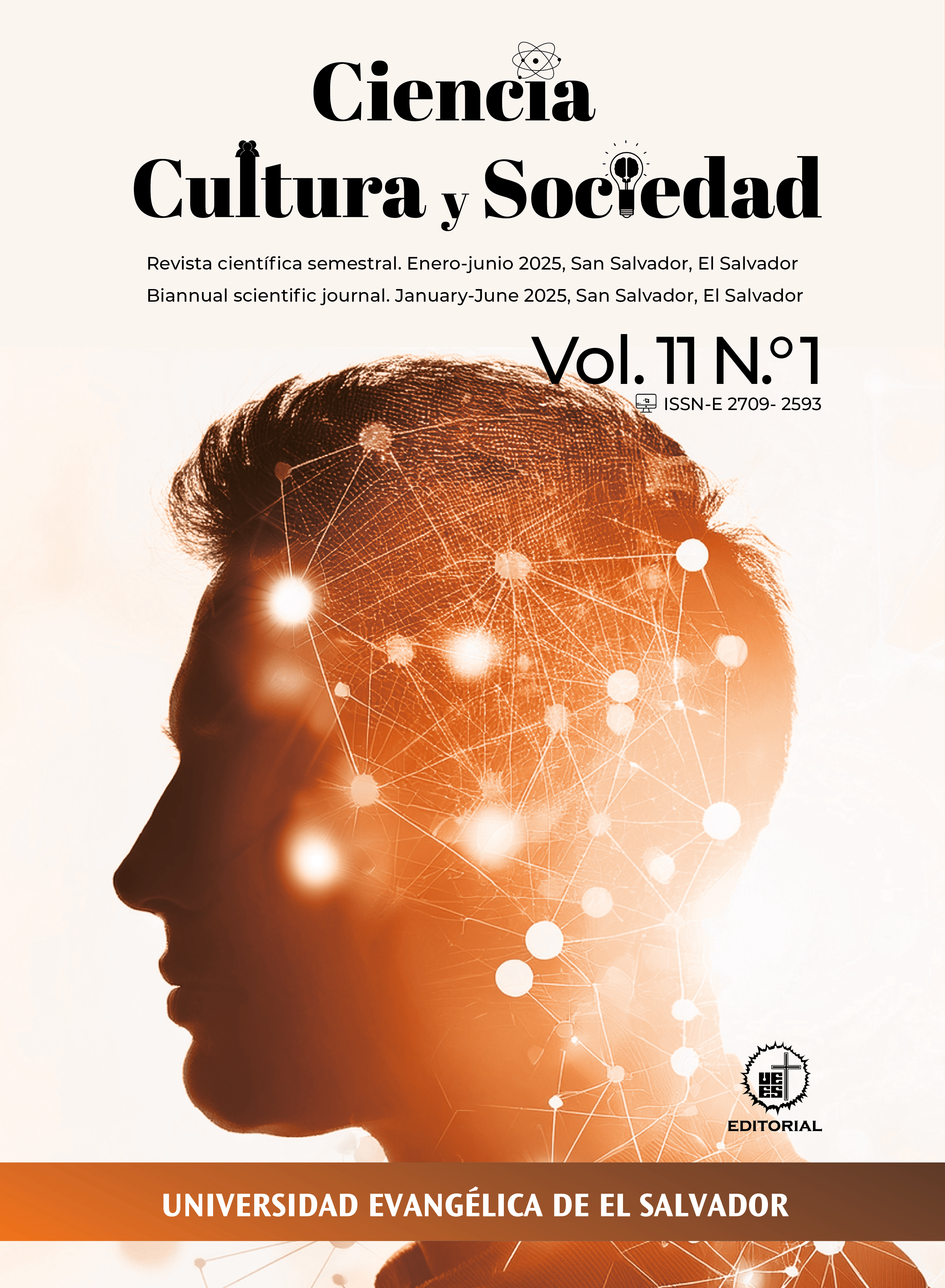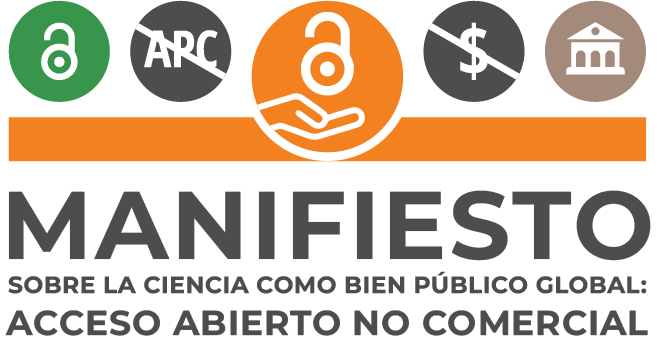A worrying situation regarding the use of psychological measurement instruments in El Salvador.
DOI:
https://doi.org/10.69789/ccs.v11i1.767Keywords:
Psychological tests, Mental wellness, Adaptability, El SalvadorAbstract
Psychology as a science and profession has grown considerably in El Salvador. According to the Transparency Portal (n.d.), as of October 31, 2022, there are 10,408 professionals registered as practicing psychology. In addition, all universities that offer the degree program in question are taken into account, as they are responsible for training professionals who will provide comprehensive, ethical, and, above all, dedicated services to the Salvadoran population in the practice of psychology as a science and profession.
The training of mental health professionals is complex, as they must acquire knowledge, skills, and competencies from a variety of scientific branches of psychology, mainly occupational and organizational psychology, clinical psychology, educational psychology, forensic psychology, among many others that are interrelated, such as developmental psychology and cognitive neuroscience, to name a few. In addition, all of the above-mentioned branches make use of basic tools for the proper practice of the profession: psychological tests. However, there is a worrying situation regarding the use of these tests.
References
American Psychological Association. (2018). Psychometrics. APA Dictionary of Psychology. https://dictionary.apa.org/psychometrics
Areh, I., Verkampt, F., & Allan, A. (2021). Critical review of the use of the Rorschach in European courts. Psychiatry, Psychology and Law, 29(2), 183–205. https://doi.org/10.1080/13218719.2021.1894260
Gutiérrez-Quintanilla, J. R., Lobos-Rivera, M. E., & Tejada-Rodríguez, J. C. (2020). Adaptación psicométrica de las escalas de depresión, ansiedad y estrés en una muestra de adolescentes salvadoreños. Entorno, (69), 12–22. https://doi.org/10.5377/entorno.v0i69.9556
Junta de Vigilancia de la Profesión en Psicología. (2021). Código de ética de la profesión en psicología. CSSP. https://cssp.gob.sv/wp-content/uploads/2017/05/CÓDIGO-DE-ÉTICA-ACTUALIZADO.pdf
Lobos Rivera, M. E., Flamenco Cortez, M., Flores Monterrosa, A. N., Durán Hernández, T. & Gutiérrez Quintanilla, J. R. (2022). Propiedades psicométricas del Insomnia Severity Index en una muestra de adultos salvadoreños. Veritas & Research, 4(2), 128-136. https://acortar.link/igfOlV
Lozano Gómez, R. (2020). Los test proyectivos: una crítica a su uso en el ámbito forense. Gaceta Internacional de Ciencias Forenses, (37), 41-45. https://www.uv.es/gicf/4A2_Lozano_GICF_37.pdf
Mena, F., & Calderón, F. (2022). Propiedades psicométricas de la Escala Atenas de Insomnio en población salvadoreña. Liberabit, 28(2), e579. https://acortar.link/fvAJh6
Orellana, C. I., & Orellana, L. M. (2021). Propiedades psicométricas de la escala abreviada de depresión, ansiedad y estrés (DASS-21) en adultos salvadoreños. Teoría y Praxis, 38, 45-54.
Portal de Transparencia (s.f.). Consejo Superior de Salud Pública. Concesiones y autorizaciones. https://acortar.link/lJUIzn
Sabogal, L. F. (2004). Pruebas proyectivas: acerca de su validez y confiabilidad. Duazary: Revista de la Facultad de Ciencias de la Salud, 1(2), 134-137. https://acortar.link/L88DmI
Sánchez-Villena, A. R., & Ventura-León, J. (2020). Pruebas proyectivas: ¿Son útiles para la evaluación infantil? Revista chilena de pediatría, 91(3), 426. https://acortar.link/2IRU2H
Salavarrieta, D. A. M. (2008). La medición en psicología como herramienta y como reflexión ética en el ejercicio del psicólogo. Psicogente, 11(19), 46-51. https://www.redalyc.org/pdf/4975/497552139005.pdf
Sneiderman, S. (2011). Consideraciones acerca de la confiabilidad y validez en las técnicas proyectivas. Subjetividad y procesos cognitivos, 15(2), 93-110. https://www.redalyc.org/pdf/3396/339630258005.pdf
Tovar-Cuevas, J. R. (2022). Variables latentes e investigación en salud. Archivos de Medicina, 22(2), 386-402. https://acortar.link/HTenMV
Ventura-León, J. (2018). ¿Medir o evaluar?: una diferencia necesaria. Educación Médica, 19(53), 382. https://acortar.link/2JM3Uv
Ventura-León, J. (2020). Escalas, inventarios y cuestionarios: ¿son lo mismo? Educación Médica, 21(3), 218-220. https://acortar.link/HtE6mI
Vinet, E. V., Rodríguez-Cancino, M., Sandoval Domínguez, A., Rojas Mora, P., & Saiz, J. L. (2023). El Empleo de Test por Psicólogos/as Chilenos/as: Un Inquietante Panorama. Psykhe, 32(1), 1-19.
Downloads
Published
Issue
Section
License
Copyright (c) 2025 Marlon Elías Lobos Rivera

This work is licensed under a Creative Commons Attribution-NonCommercial-ShareAlike 4.0 International License.
Los artículos de Ciencia, Cultura y Sociedad están publicados en acceso abierto bajo una licencia CC BY-NC-SA 4.0 de la Universidad Evangélica de El Salvador.


















